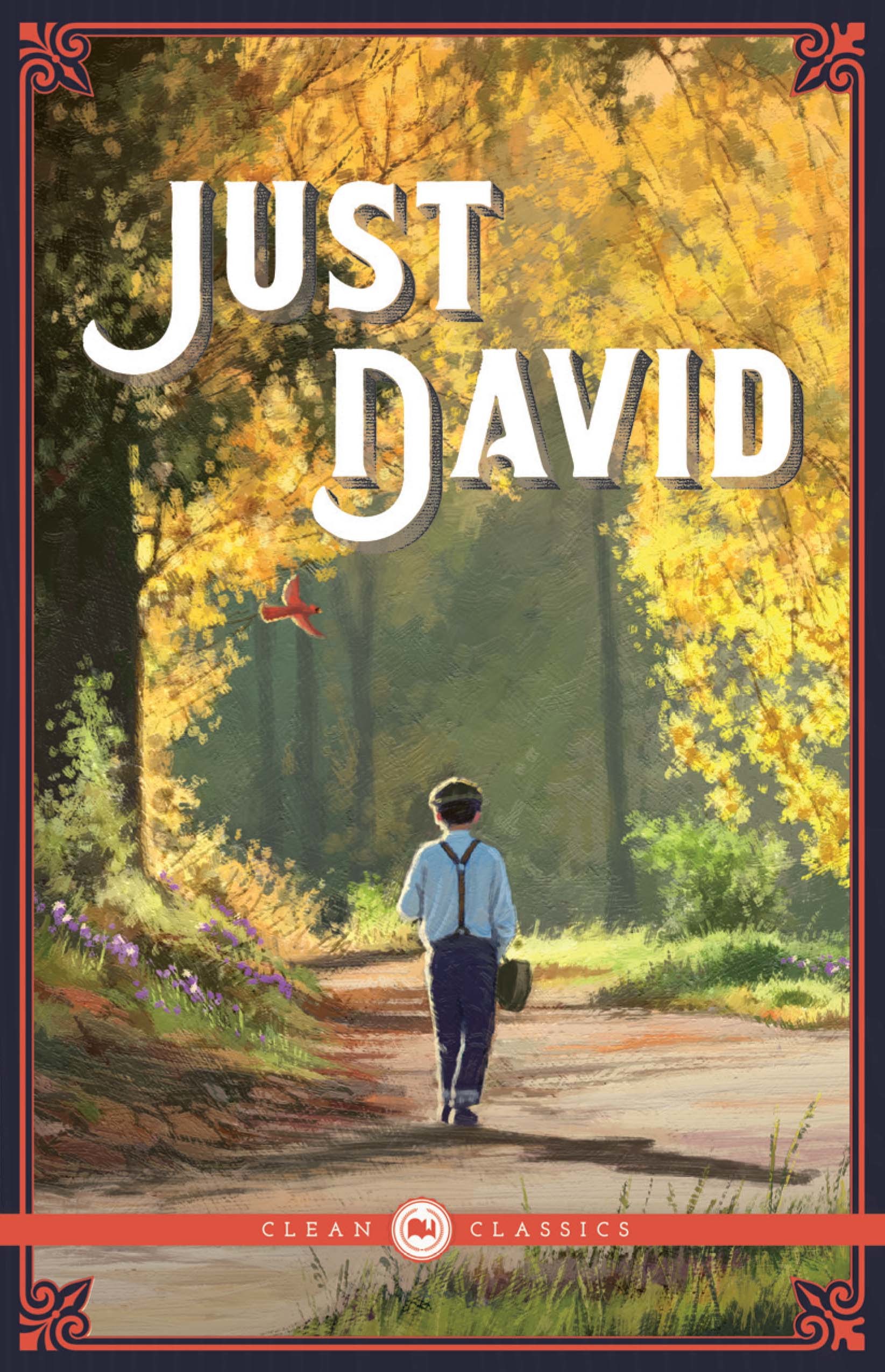Heavy Hearts
byHeavy Hearts captures a moment of stillness in a town that had grown used to the warm and curious energy of a boy whose music seemed to brighten every corner. Now, with David confined to his bed and battling a fever that worries even the doctors, the absence feels like a silence no melody can fill. Jill notices first—his laughter missing from the paths they used to roam. Rumors travel quickly, as do concerned glances. The news settles heavily: David might have contracted illness while teaching Joe Glaspell, the blind boy, how to find joy through sound. For days, David had visited Joe, eager to help him understand the violin not just with fingers, but with heart. That selfless act, so natural to him, now leaves the community holding its breath, afraid that their brightest light may fade. As each day passes, the worry becomes a shared language in the village.
Jack feels it keenly. He visits the Holly home, only to see firsthand what worry etched on faces truly looks like. Perry Larson speaks plainly about the sickness but can’t hide the tremble behind his words. Mr. and Mrs. Holly do what they can, and still it never seems enough. They’ve grown to love the boy like their own. His presence had transformed their lives—making quiet evenings feel full, teaching them to see beauty in moments long overlooked. Now, every cough or restless toss in sleep feels like a threat to something deeply precious. Even a trained nurse, skilled and calm, cannot push back the shadow of fear. Jack, often so composed, finds himself pacing, asking questions that no one can answer. What illness, what chance of healing, what comes next? These questions stay with him, long after he leaves.
In moments alone with Jack, Mrs. Holly shares something more intimate—David’s dreams and mutterings during fevered sleep. He keeps speaking of “his song,” as though something inside him still fights to express itself, even as his body weakens. The mystery of David’s origins suddenly deepens. Raised in an unusual way, surrounded by music and far from common society, he holds secrets that no one fully understands. This song, whatever it may be, seems to lie at the core of who he is. It’s more than a melody—it’s a piece of his soul. Mrs. Holly doesn’t say this aloud, but Jack sees it in her eyes: fear not only of losing David, but of losing the beautiful mystery he carries. In many ways, his illness threatens more than a life; it endangers a rare truth that the town had only just begun to grasp.
Outside the home, the mood isn’t much lighter. Jill finds herself unable to laugh as she used to. Even Joe, though blind, seems to sense the town’s weight. His mother notes that he hums differently now—slow and careful, like he’s waiting for something to come back. The shopkeepers speak less, and even the children seem subdued. All of them carry David in their thoughts, whether they admit it or not. It becomes clear how one child, through simple kindness and music, has unknowingly woven himself into everyone’s story. His recovery is no longer just a medical concern—it has become a quiet test of faith and hope for the entire town.
As Jack walks home from another visit, a grand carriage rolls by—its polished sides and ornate detailing stark against the simple dust of the road. In normal times, he might have turned to admire it, maybe even wondered about its destination. But now, his thoughts remain elsewhere. He can’t shake the image of David lying pale and still, whispering about a song no one can yet hear. That haunting refrain seems to echo through the wind itself. Jack wonders if the boy’s music, once vibrant, might be the very thing holding him to this world. There’s a quiet resolution building in Jack, though he cannot yet name it. He won’t let David slip away without understanding that melody. Whatever happens, he will not let that song be lost to silence.

